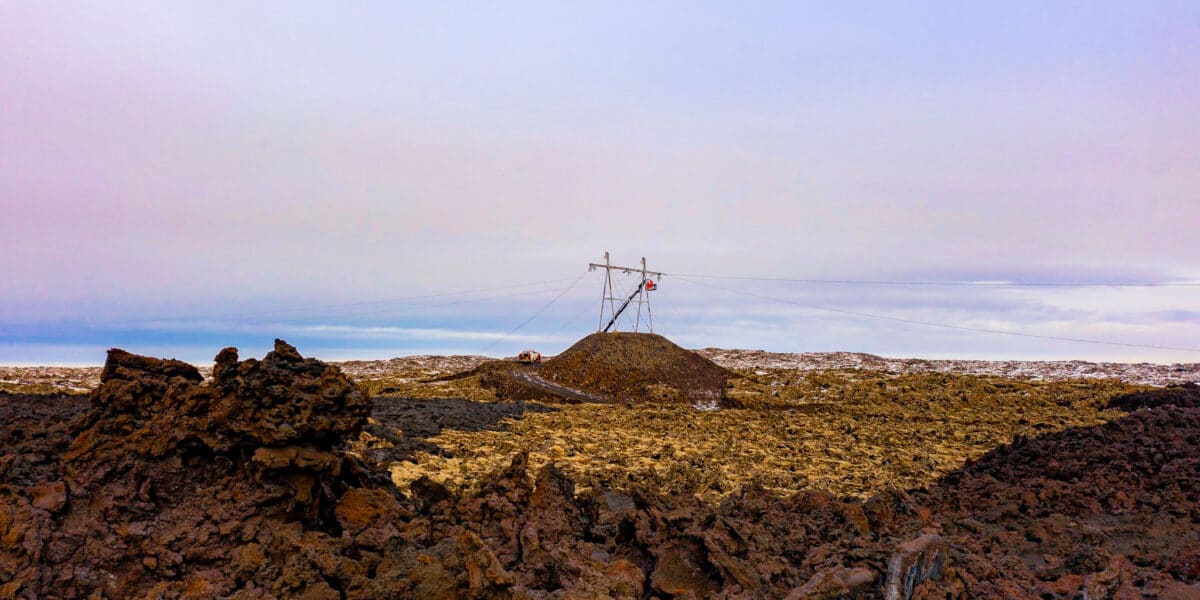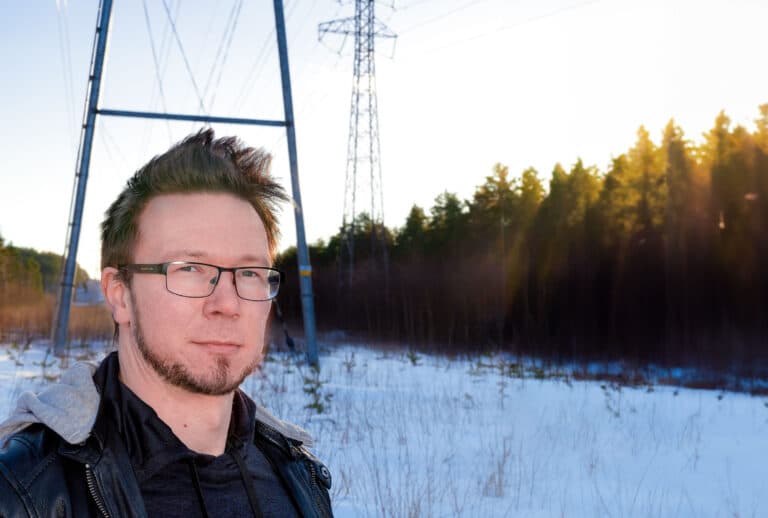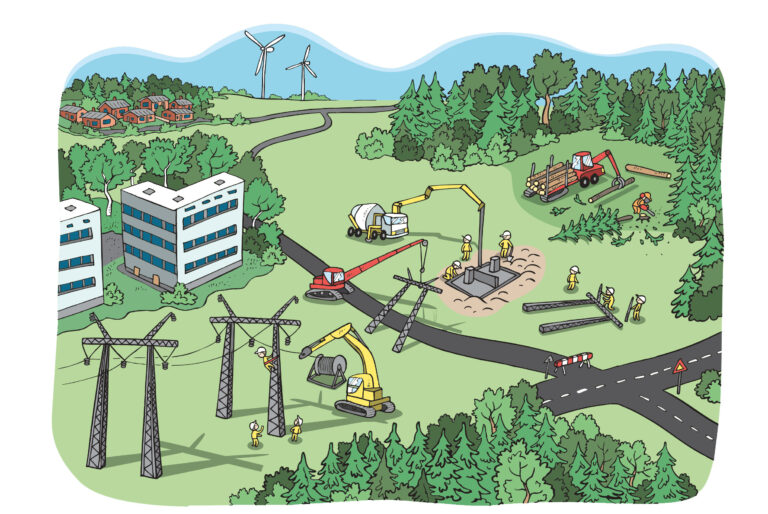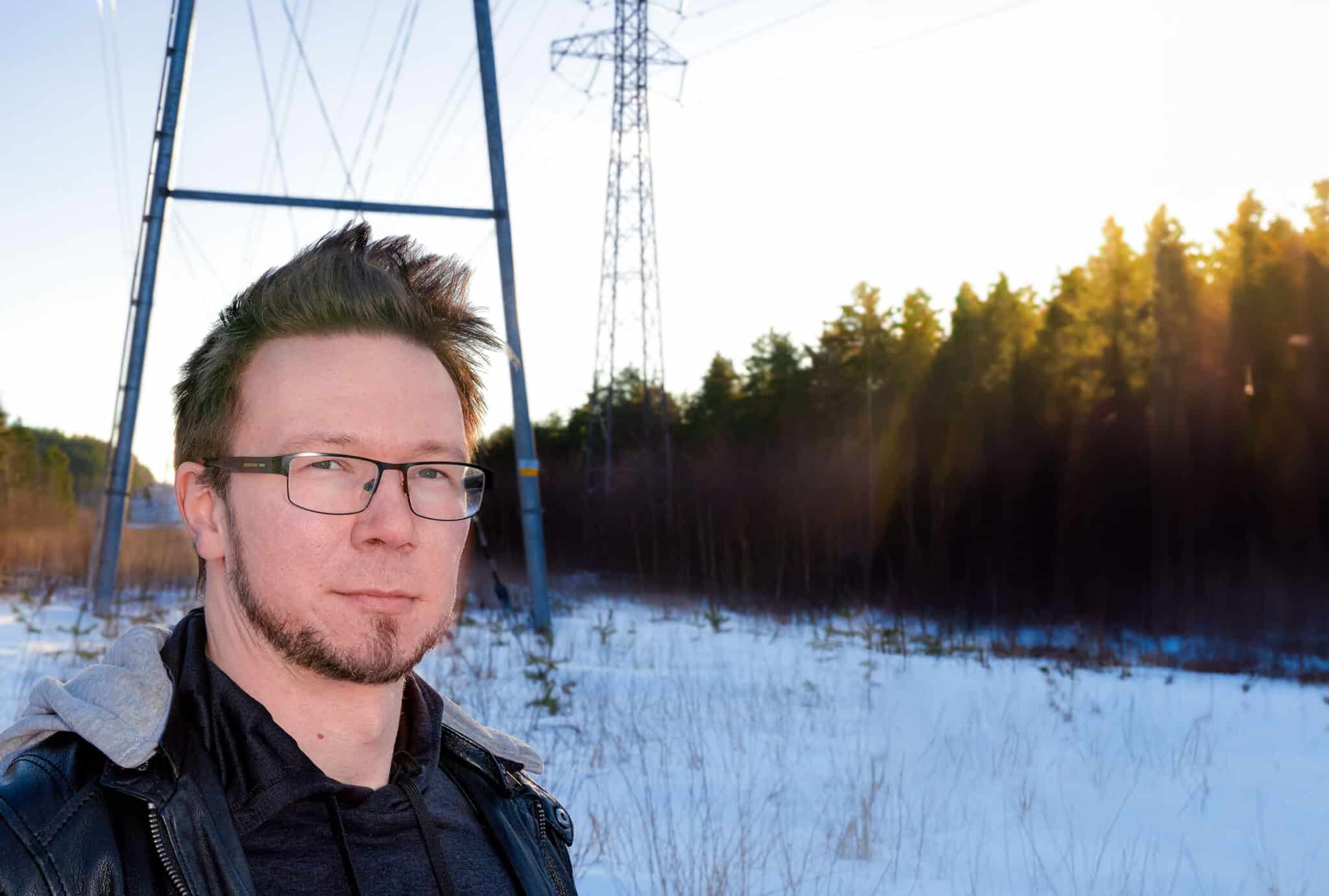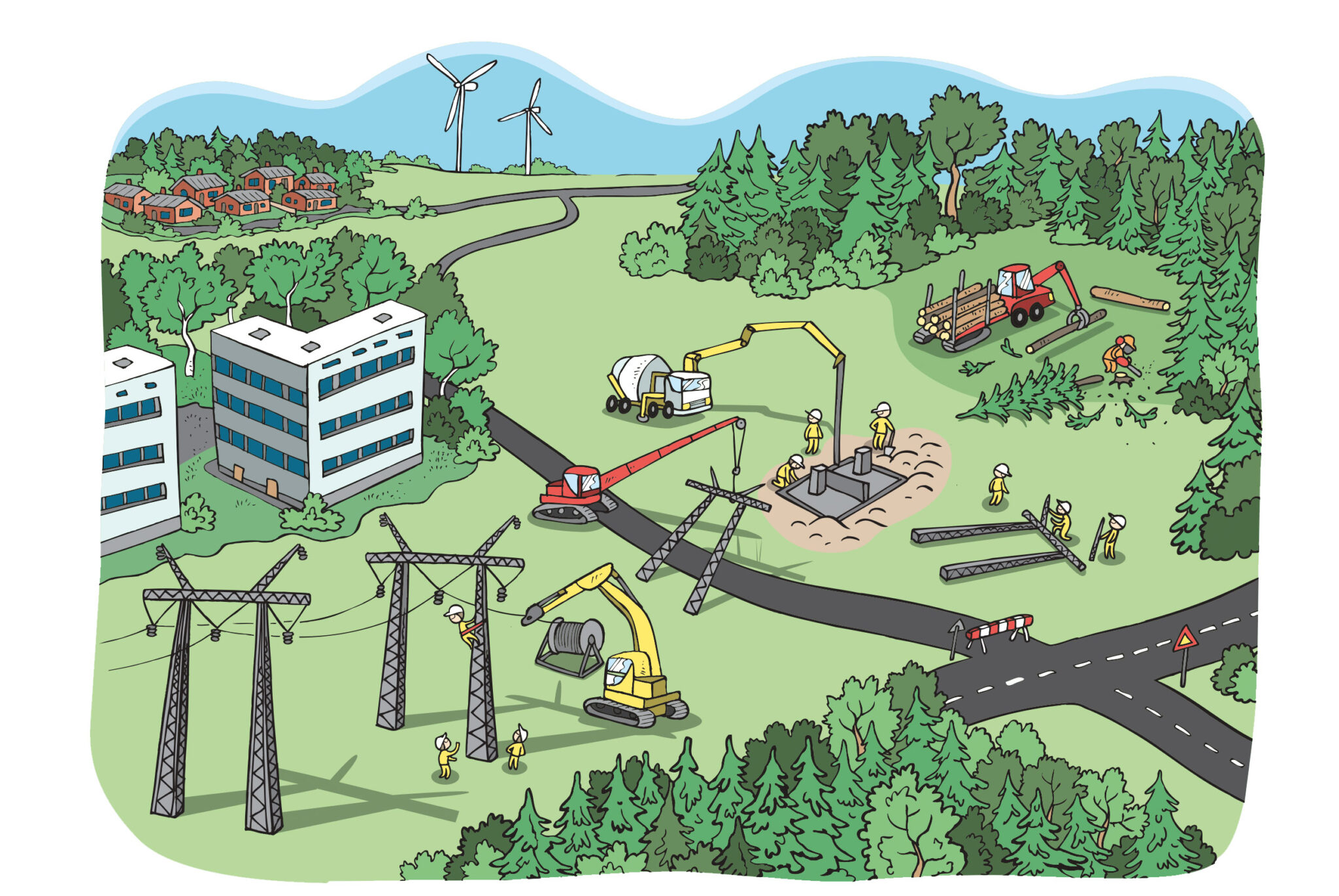Volcanic activity has increased in Iceland during 2024. The TSO of Iceland, Landsnet, must be prepared for the seismic activity.
Earthquakes have not threatened the grid structures as they are designed to withstand the conditions.
“The recent volcanic activity has created some challenges for us, since we had to modify one of our power lines when lava started to flow under the line. We had to strengthen the foundations of the poles. One of our power stations is three kilometres from the eruption. We had to protect it and the town next to it with new, experimental fencing methods,” says Guðlaugur Sigurgeirsson, the Head of Asset Management at Landsnet.
The winter conditions also create challenges. Ice and snow build up on the power lines and the strong winds increase the risk of damage.
Geothermal energy creates a fifth of the energy consumed in Iceland
The whole of Iceland is connected to the power grid, which is rated as one of the most reliable in the world. Electricity is comparatively cheap in Iceland.
“Landsnet is responsible for transmitting electricity and securing the supply of energy in Iceland. For generation and distribution, we have several different companies. Our grid is now about 50 years old and we are currently doing maintenance and overhaul work on it. The biggest challenge is getting all the permissions needed for asset management to maintain and build new assets. We also need competent professionals for the maintenance work.”
Iceland’s grid is not connected to any other grid or electrical system. The country produces all the electricity it consumes.
“We have two major sources of energy: 80% hydro power and 20% geothermal energy. We generate 99%
of our electricity from renewable sources. Geothermal energy can be used both to create electricity and to heat our houses. As the demand for electricity is increasing, our first wind farm is currently being tested with promising results,” Sigurgeirsson says.
Since the Icelandic grid is a micro grid, it is a perfect testing ground for major energy technology companies.
“We are also global leaders in building digital substations that will be easier and more ecological to maintain than older substations. We cooperate a lot with the other Nordic TSOs, and we share experiences and knowledge with each other,” Sigurgeirsson says.

